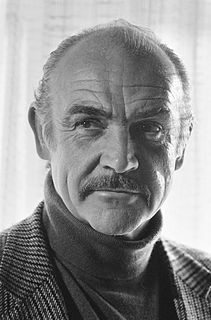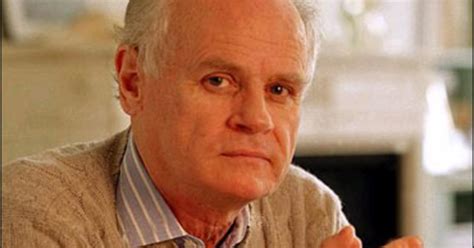A Quote by Michael Urie
I go for cosmopolitan cities, and I like to be in the middle of everything.
Quote Topics
Related Quotes
There are many people of cosmopolitan temperament who are not from the elites of their societies or the world; and while, for a variety of reasons, I think a cosmopolitan spirit does naturally go with city life, that's the life of a very large proportion of human beings today. And I don't think rural people can't be cosmopolitan, in my sense.
Fifty percent of the world's population lives in cities. In a couple of decades, 70 percent of the world's population will be living in cities. Cities are where the problem is. Cities are where the solution is, where creativity exists to address the challenges and where they have most impact. This is why, in 2005, the C40 was founded, an organization of cities that address climate change. It started with 18 cities; now it's 91. Cities simply are the key to saving the planet.




































